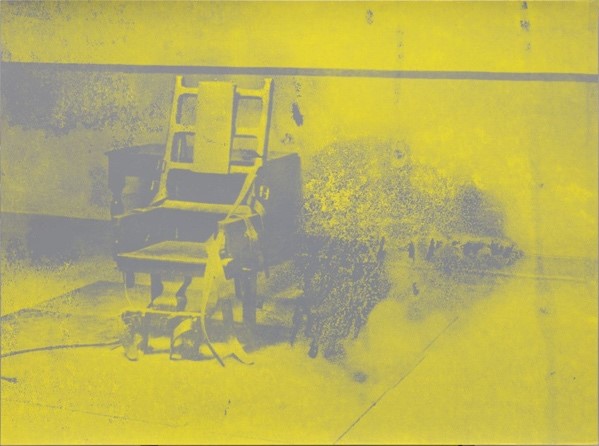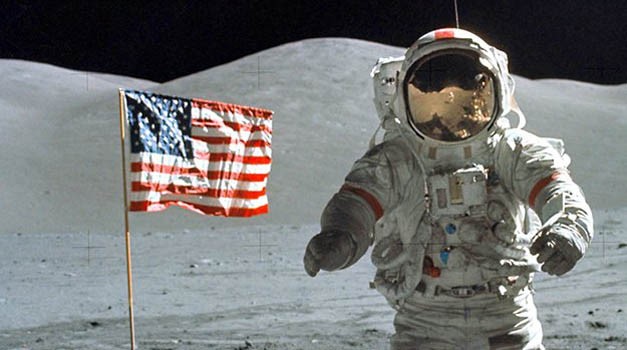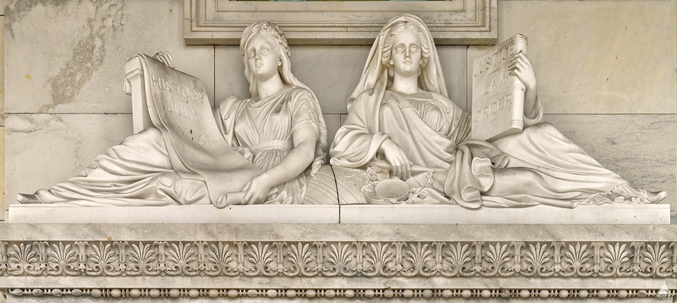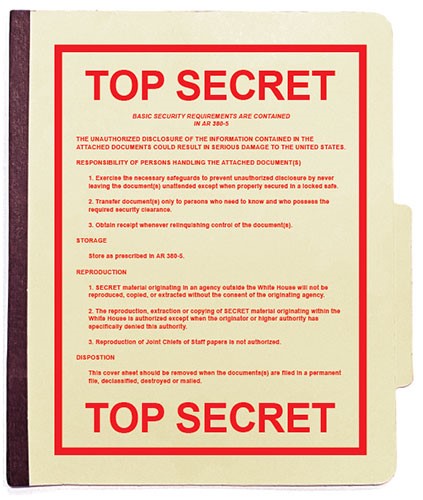Highlighted Courses for Spring 2024
For a full list of courses offered by the Department of History in Spring 2024, visit this link.
Special Topics in Art: U.S. Art: Post-War to Culture Wars (1945-1990)

Andy Warhol, Electric Chair, c. 1971. Screenprint on paper, 35.25 x 48 in (Solomon R. Guggenheim Museum, New York)
This course surveys late modern and contemporary U.S. art from 1945 to 1990 across three units: Abstraction; Pop, Protest, and Performance; and the Culture Wars. This course begins at Black Mountain College at the foot of the Blue Ridge Mountains of North Carolina where U.S. and European music composers, dancers and choreographers, and visual artists schooled aspiring young artists in principles of abstraction, experimentation, and chance effects. Following its overview of abstraction in the 1940s and 1950s, this course proceeds to discuss Pop and performance art in relation to Vietnam War protests, Civil Rights protests, and calls for equal rights for women and the LGBTQ+ community. In its third concluding unit, this course returns to North Carolina in the 1980s and 1990s when politicized debates threatened the federal funding for the Winston-Salem Southeastern Center for Contemporary Art.
Students will visit the North Carolina Museum of Art, Ackland Art Museum, and Duke Special Collections Library as part of this course.
Course ID: HI 298.001
Course Fulfills: GEP Humanities, GEP Interdisciplinary Perspectives
Professor: Alexis Clark
Science, American Style

What role has science and technology played in the development of American society? How has science in the United States developed its own distinctiveness? How have scientific ideas shaped our society and, in turn, how has American society shaped the development of science? Is there even such a thing as “American Science?” This course begins with a discussion of natural philosophy during America’s colonial and revolutionary period, looking at how science played a role in the development of the early republic. Our discussions of the 19th century will be concentrated on the professionalization of science and the formation of several important American scientific institutions. Moving into the progressive era in the early 20th century, we will analyze the development of scientific management, the creation of the atomic bomb and the birth of “Big Science” after WWII. As we move past WWII, we will look at several scientific issues that have captured the attention of the American public, focusing predominantly on the space race in the late 20th century. Throughout the course we will also deal with several overarching themes, including: science, religion and politics; frauds and quackery in science; the professionalization of science; and, science in popular culture.
Course ID: HI 323
Course Fulfills: GEP Interdisciplinary Perspectives
Professor: Paul Brinkman
African-American History Through the Civil War, 1619-1865
African background and continuity of the particular role, experience and influence of African Americans in the United States through the Civil War.
Course ID: HI /AFS 372
Course Fulfills: GEP Humanities
Professor: Ajamu A. Dillahunt-Holloway
Law in the American Story

Imagine a history class purposefully designed for prospective law students. Law in the American Story, HI 383, transforms this thought experiment into reality by equipping future legal practitioners with an understanding of and appreciation for the cultural, economic, political, and social impacts of law in American history from the colonial period to the present. With class, gender, race, and ethnicity serving as analytical lenses, this journey highlights topics such as English common law and post-Revolutionary American jurisprudence, nineteenth century concepts of divorce and child custody, twentieth century debates about free speech on college campuses, and the dynamic history of American lawyers. Dr. Steven Lechner brings his experiences as an attorney and legal history scholar to this unique course. Don’t miss this opportunity to make Law in American Story a centerpiece of your law school preparation.
Course ID: HI 383
Course Fulfills: GEP Interdisciplinary Perspectives, GEP Humanities
Professor: Steven Lechner
Spy v Spy: Cold War Intelligence History

This course will examine the often deadly intelligence efforts that characterized the Cold War (U.S. vs. U.S.S.R.) of 1945-1991. While the history of that era marks the major political, economic, and military events, much occurred in the shadows. This wide-ranging intelligence competition affected – and was affected by – both American and Russian societies and cultures. The conflict between the U.S. and U.S.S.R. also impacted peoples’ lives around the world. Drawing on selected readings, this course will seek to describe the struggle to know and to conceal, and offer useful context to explain how and why it influenced the course of the Cold War.
Students will be asked to analyze key texts, films, and songs from the Cold War era. The major assignments for the class include two book response essays each examining the autobiography of a Cold War era intelligence agent as well as a midterm and final exam.The course is primarily lecture based, but students will also be asked to discuss course materials and engage in small group activities during class.
Course ID: HI 337
Course Fulfills: Humanities GEP Course, BA Completion-Leadership in the Public Sector
Professor Garrett McKinnon
Introduction to Museum Studies

This introductory museum studies course introduces students to art and history museums and their curating practices in a global context. Will will explore the social, cultural, and political positions of museums, the evolution of its function, the different theories and practices of display, the act of collecting, the position and role of the visitor, the role of the curator, cross-cultural connections and conversations, digital museums, and public collaboration. Students will gain hands-on experience working on collaborative projects to learn how museums produce, interpret, and exhibit knowledge. This course will also explore the ways in which history, objects, geography, cultural difference, and social hierarchies intersect within museums and their exhibitions.
Course ID: HI 386
Course Fulfills: Humanities GEP Course, BA Completion-Leadership in the Public Sector
Professor: Mandy Paige-Lovingood